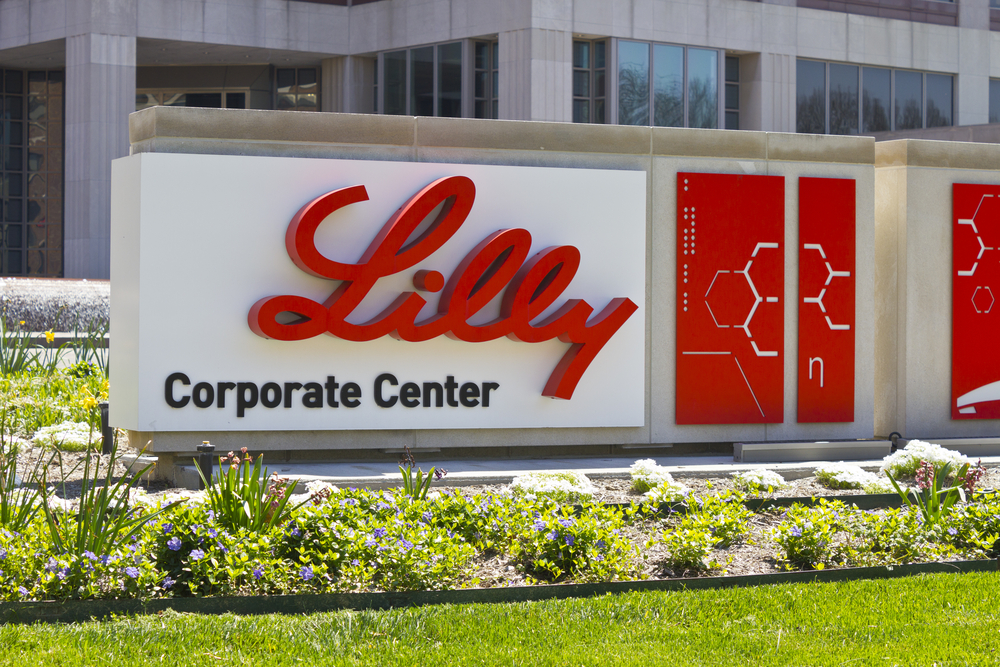
Eli Lilly and Boehringer Ingelheim announced a new collaboration on a Phase 1b study that will evaluate the safety and tolerability of abemaciclib (LY2835219), Lilly’s cyclin-dependent kinase (CDK) 4 and CDK 6 inhibitor, in combination with BI 836845, Boehringer Ingelheim’s insulin-like growth factor (IGF)-1/IGF-2 ligand neutralizing antibody, in patients diagnosed with HR+, HER2- mBC. Based on the Phase 1b trial results, the collaboration has the potential to expand to Phase 2 trials in patients with HR+, HER2- mBC and other solid tumors. Enrollment is scheduled to begin in late 2016, and Boehringer Ingelheim will be the sponsor of the study program.
“We are pleased to join with Boehringer Ingelheim to study the potential of their molecule in combination with Lilly’s abemaciclib, for which we have an active Phase 3 development program underway,” said Richard Gaynor, M.D., senior vice president, product development and medical affairs for Lilly Oncology. “For patients living with metastatic breast cancer, the limited treatment options available make this an important area of focus for our efforts to advance the most innovative treatments.”
Dr. Mehdi Shahidi, medical head, solid tumor oncology, Boehringer Ingelheim commented, “Boehringer Ingelheim is excited about initiating this collaboration with Lilly to investigate a novel combination of two compounds that have individually shown promising results in metastatic breast cancer and have a complementary mode of action. We hope that this study will lay foundations for making much needed new therapies available to patients with metastatic breast cancer.”
Lilly’s abemaciclib is designed to block the growth of cancer cells by specifically inhibiting CDK 4 and CDK 6. In many cancers, uncontrolled cell growth arises from a loss of control in regulating the cell cycle due to increased signaling from CDK 4 and CDK 6. Boehringer Ingelheim’s BI 836845 is an IGF ligand-neutralizing antibody that binds to both IGF-1 and IGF-2 preventing activation of the respective receptor resulting in decreased growth-promoting signaling, which may decrease tumor growth. In a Phase 1b/2 trial BI 836845 has shown promising preliminary efficacy and good clinical safety in combination with everolimus and exemestane in patients with HR+ mBC.1
The rationale for the collaboration is based upon the hypothesis that these two agents, in combination, could offer a more complete pathway interference and could potentially prolong cell cycle arrest. For HR+, HER2- mBC patients, this could translate to a reversal of resistance to hormone therapy.
Filed Under: Drug Discovery




